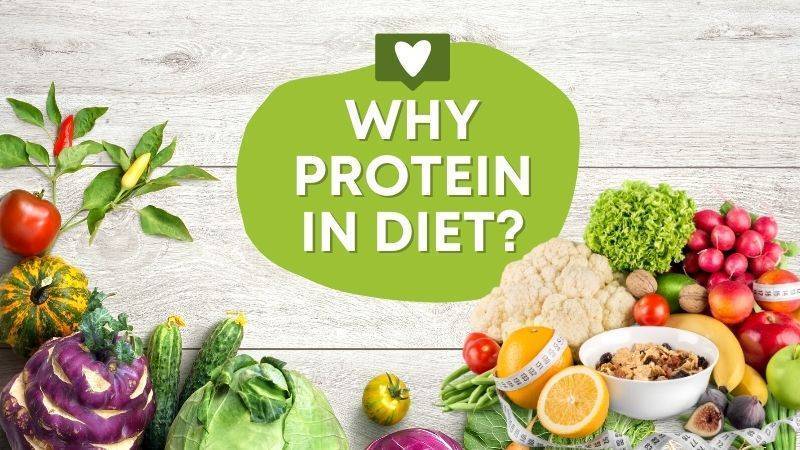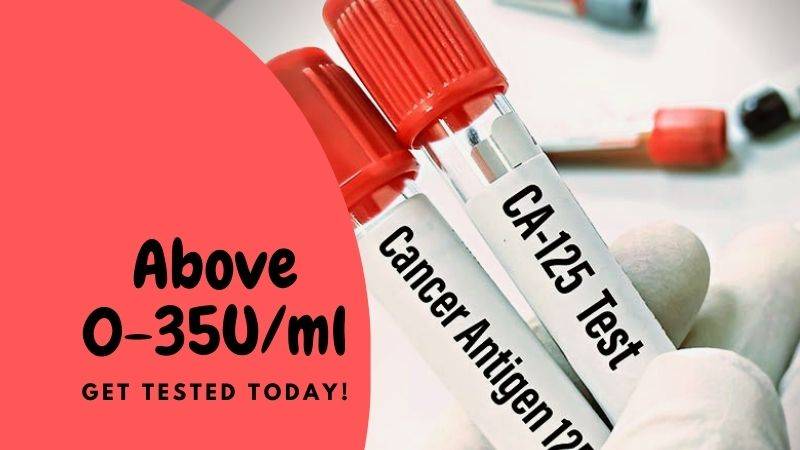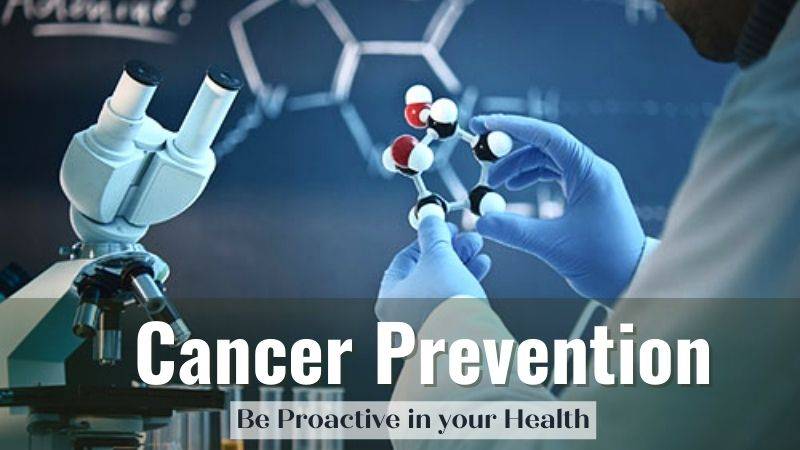“Fuel Your Body with Protein for Optimal Health and Well-Being!”
At a Glance
Are you sure you are getting sufficient protein in your eating routine?
Protein assumes a vital part in the creation and upkeep of every cell in our body by energizing our cells and powers the body as well as maintaining healthy bones, muscles, skin, and organs.
Let’s discuss why protein is important in our diet and how to make sure we are getting enough.
Why Your Body Needs Protein
Protein is an essential macronutrient comprised of amino acids (the building blocks of protein). Out of 20 distinct amino acids, 9 are viewed as fundamental because the body can’t create them and should get them from dietary sources like meat, fish, eggs, dairy items, vegetables, nuts, and seeds.
10 Reasons to intake Protein in your Diet
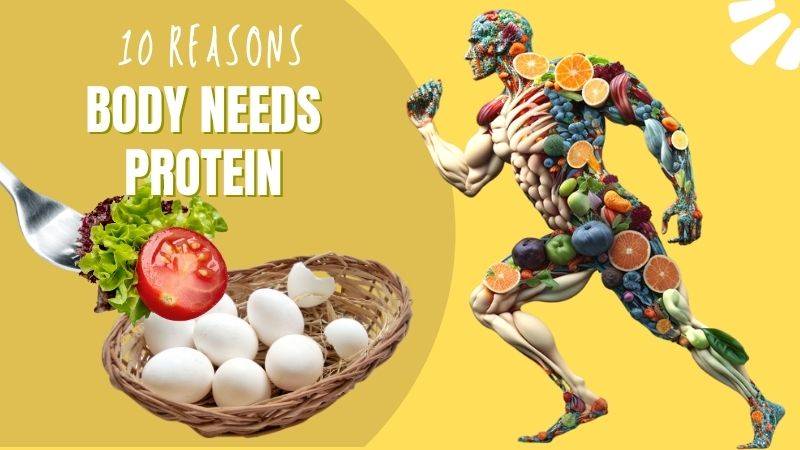
1. Build Bones & Muscles:
Essential for the development of bones, muscles, ligaments, and skin. Your hair and nails are contained generally in protein, as a matter of fact.
2. Produce Antibodies:
Important for the production of antibodies, which help the body fight off infection and disease. Also for the production of neurotransmitters, chemicals that help the brain communicate with the rest of the body.
3. Maintenance & Repair:
Important for the maintenance and repair of healthy bones and teeth, and also necessary for the production of collagen, a protein that helps to keep skin and other tissues strong and healthy.
4. Absorb V&M:
Protein is useful for the absorption of certain vitamins and minerals that helps the body to absorb iron, zinc, and calcium, which are essential for healthy bones and teeth.
5. Body-Functioning:
Essential for the production of hormones, enzymes, and other molecules that are essential for normal body functioning including the growth and maintenance of muscle mass, and the regulation of metabolism.
6. Oxygenate:
Red platelets(RBCs) contain a protein compound that conveys oxygen all through the body. This assists supply your whole body with the supplements it needs.
7. Protect From Diseases:
Eating a diet rich in protein can help to reduce the risk of heart disease, stroke, type 2 diabetes, and certain types of cancer, such as colon and breast cancer.
8. Reduce Appetite, Hunger Levels, and Cravings:
Studies show that protein is the most filling and assists you with feeling all the more full — with less food. A high-protein breakfast reduced cravings and late-night snacking, according to a study on overweight young girls.
9. Lower Blood Pressure:
Higher protein intake lowers blood pressure which demonstrates improvements in other risk factors for heart disease.
10. Stay Fit as You Age:
Eating plenty of protein-rich food is one of the most mind-blowing ways of diminishing age-related muscle weakening to look younger.
A systematic review of randomized controlled trials found that higher protein diets were associated with greater weight loss than lower protein diets with greater reductions in body fat and waist circumference.
How Much Protein To Eat
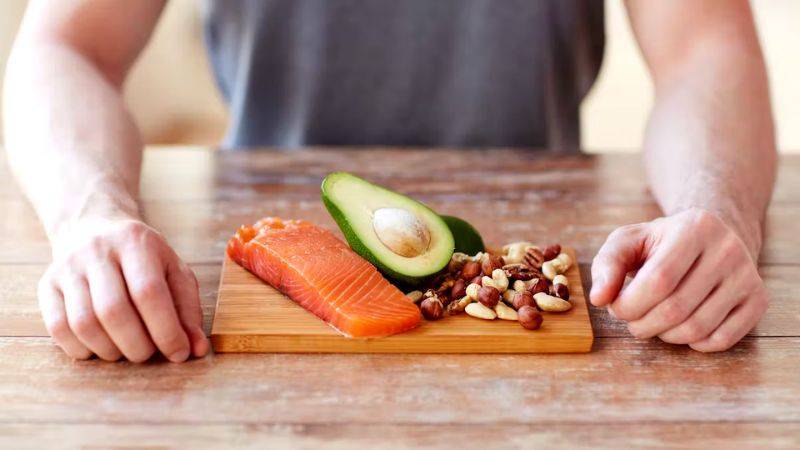
To get the most out of protein consume the right type and amount.
- Animal proteins, like lean meats, fish, and eggs, are considered to be the highest-quality sources of protein.
- Plant-based proteins, like legumes, nuts, and seeds, are also good sources of protein.
If you wish to build muscles and maintain a healthy weight, especially as an adult, you should add Beetroot to your diet, which is abundant with enough protein for your desires.
It is recommended to consume 0.8-1.2 grams of protein per kilogram of body weight per day.
Consume a variety of protein-rich foods and/or supplements such as Whey protein to increase protein intake.
Eating adequate amounts of protein help to preserve muscle mass, regulate appetite, and maintain a healthy metabolism.

